
Crash diets and short bursts of discipline don’t lead to lasting change. Real health is the result of what you repeat, not what you force for a month. The more you view it as a temporary project, the more you’ll return to the same burnout cycle. Wellness is built through small, repeatable actions that become second nature. It’s not about going all-in, it’s about staying in.
One Good Day Doesn’t Cancel Out a Pattern
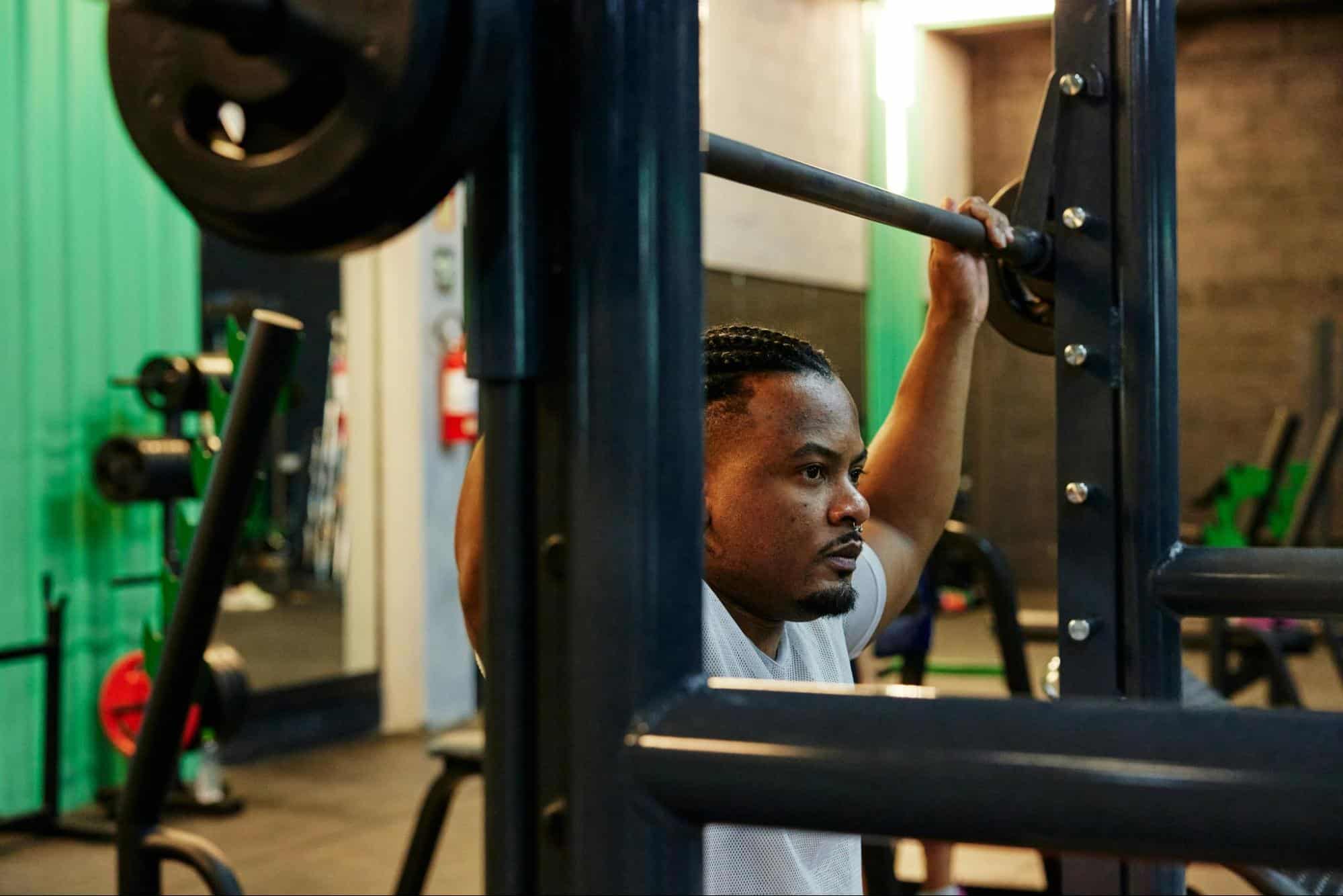
Going to the gym once or eating clean for a single day doesn’t make you healthy, just like one bad day doesn’t ruin everything. Your body and mind respond to your habits over time. Progress comes from patterns, not occasional performances. Instead of chasing intensity, aim for reliability. Health rewards consistency, not grand gestures.
You Can’t “Finish” Your Health Goals
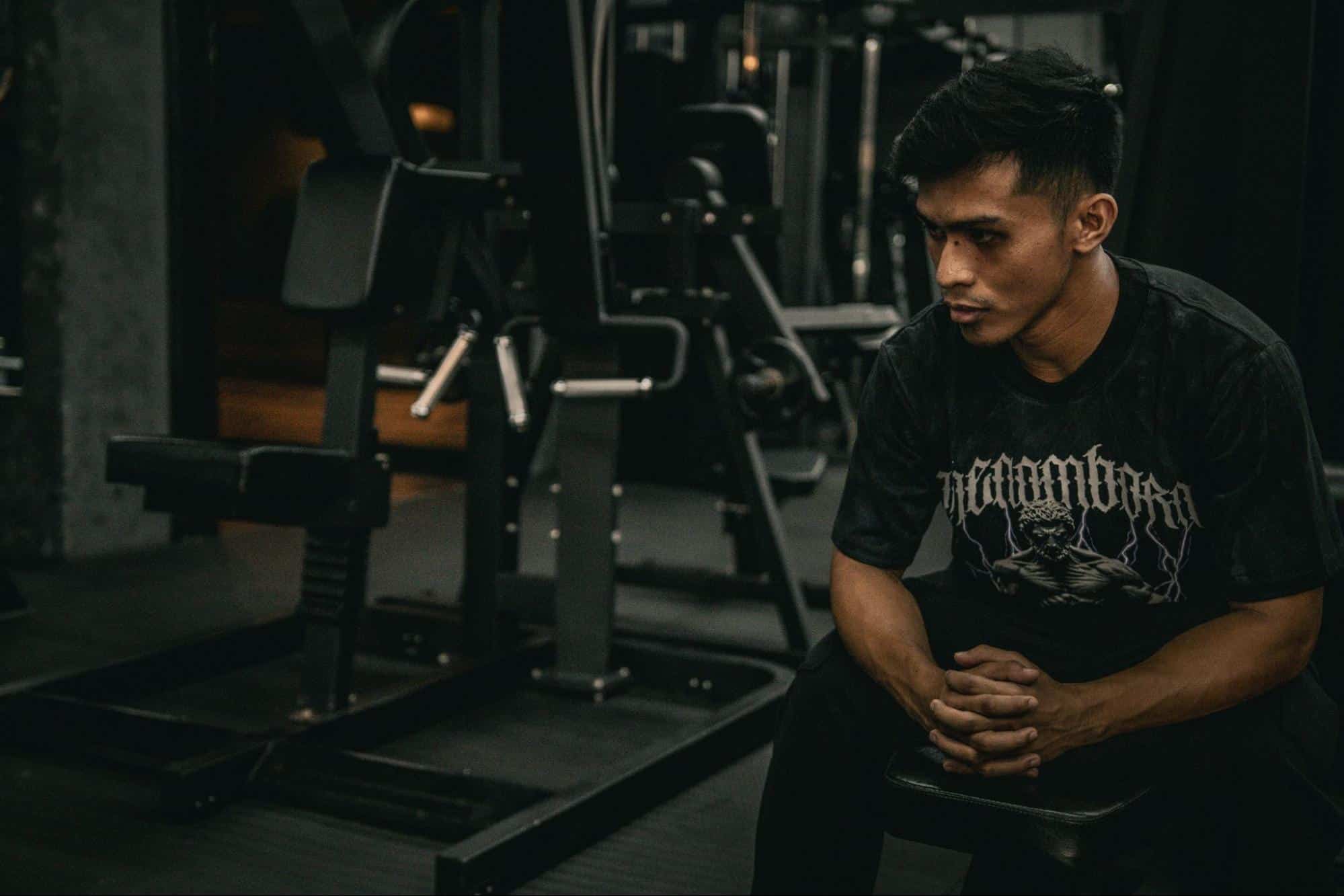
There’s no finish line where you get to stop caring about your sleep, food, movement, or stress. Even when you hit certain goals, maintenance takes just as much attention, sometimes more. Thinking of health as a checkbox keeps you trapped in cycles. When you shift your mindset to sustainability, everything starts to feel more doable.
Discipline Is Just Remembering What You Want Long-Term

You don’t need to wake up obsessed with health every day. You just need to remember why it matters. A healthy body gives you access to energy, confidence, presence, longevity. The goal isn’t to restrict yourself endlessly. It’s to create a life where wellness supports who you are, instead of becoming who you are.
Your Habits Speak Louder Than Your Motivation

Motivation comes and goes. Your habits are what stay. Even if you feel unmotivated, if your routine includes movement, quality food, and rest, your body will thank you. You don’t have to feel like doing something to benefit from doing it. Build systems that serve you even on your off days.
Small Changes Done Daily Are More Powerful Than Overhauls

You don’t have to flip your life upside down to be healthier. A 10-minute walk after meals. Swapping sugar drinks for water. Sleeping 30 minutes earlier. These choices seem minor, but their compounding effect is massive. Most men underestimate how far small improvements can take them over a year.
Your Energy Levels Reflect How You Treat Yourself

Low energy isn’t just bad luck, it’s often feedback. Poor sleep, bad food, zero movement, too much screen time, and constant stress all add up. If you’re dragging every day, your body’s not broken, it’s responding to input. You don’t need to overhaul everything at once, but something has to shift.
Your Routine Shouldn’t Be a Punishment

If your workout or meal plan feels like a constant punishment, you won’t stick with it. Health shouldn’t feel like penance for being human. Movement should energize you, not drain you. Food should fuel you, not make you miserable. Choose routines you can live with, not ones you want to escape from.
Your Mental Health Deserves the Same Attention as Your Workout

You can lift weights and still carry emotional burdens. True health includes how you think, feel, and process your life. Ignoring mental health is like skipping leg day for your mind. Therapy, journaling, or even honest conversations can be more powerful than supplements. Strong bodies need strong emotional foundations.
Stress Management Is Part of Your Health Plan

Chronic stress can destroy your sleep, gut health, libido, and immune system. It doesn’t matter how clean you eat if your nervous system is in a constant state of tension. Managing stress isn’t a luxury, it’s essential. Even 5–10 minutes of mindfulness or unplugging daily can recalibrate your system.
Relationships Affect Your Health More Than You Think

Toxic relationships create low-level stress that chips away at your health over time. A good support system boosts emotional well-being, which reflects in physical energy, sleep, and mood. Who you surround yourself with is part of your wellness strategy. Choose people who refill your energy, not drain it.
Loneliness Has Physical Consequences
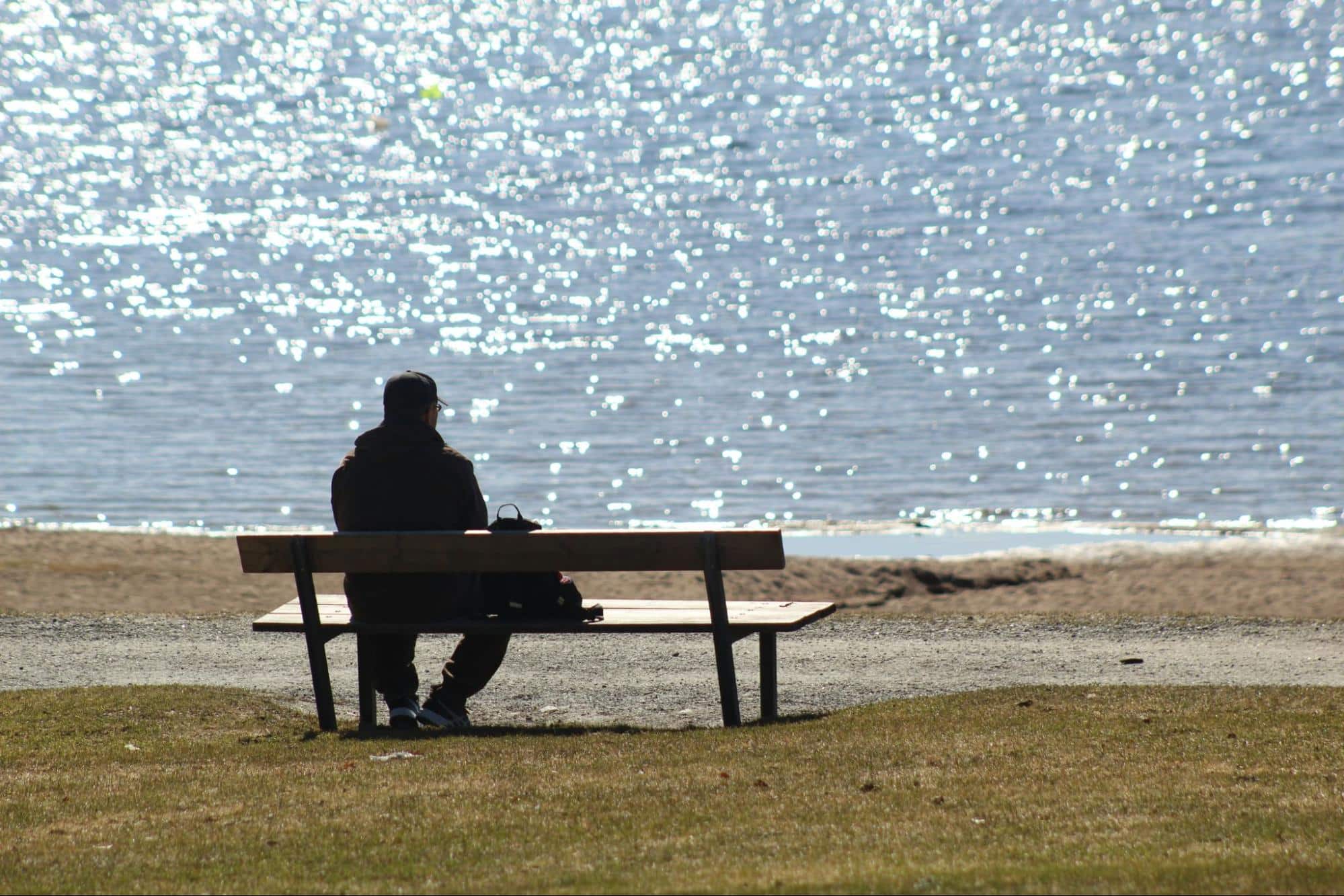
Men often isolate themselves when stressed or struggling. But isolation affects your health in real ways – higher cortisol, poorer sleep, increased risk of heart issues. Connection isn’t a weakness, it’s a biological need. Making time for community, friendship, or even small social interactions supports long-term health.
Looking Fit Doesn’t Always Mean You’re Healthy

Abs, muscle, or a lean physique might impress visually, but they don’t always reflect what’s happening inside. Some men chase appearance at the cost of sleep, digestion, hormones, and mental health. Real health goes beyond mirrors and macros. How you feel and function matters more than how you look.
Supplements Can’t Replace Sleep, Food, and Movement

There’s no pill that fixes what a poor lifestyle breaks. Supplements are just that, supplementary. You can’t out-supplement bad habits. Quality sleep, nutrient-dense meals, regular movement, and hydration still do more for your health than any capsule. Use tools, but build the foundation first.
Rest Days Aren’t Optional, They’re Strategic

Burnout doesn’t build strength. Recovery is part of progress. Overtraining or denying your body rest weakens the system over time. A rest day is not falling behind, it’s fueling your next push forward. Recovery isn’t laziness. It’s performance insurance.
You Don’t Have to Be Extreme, Just Consistent

You don’t need to train like a Navy SEAL to be healthy. If it’s not sustainable, it’s not smart. Consistency with realistic effort beats extreme, short-lived discipline every time. Health isn’t about winning, it’s about continuing.
Health Doesn’t Happen in a Week, But It Can Slip in One
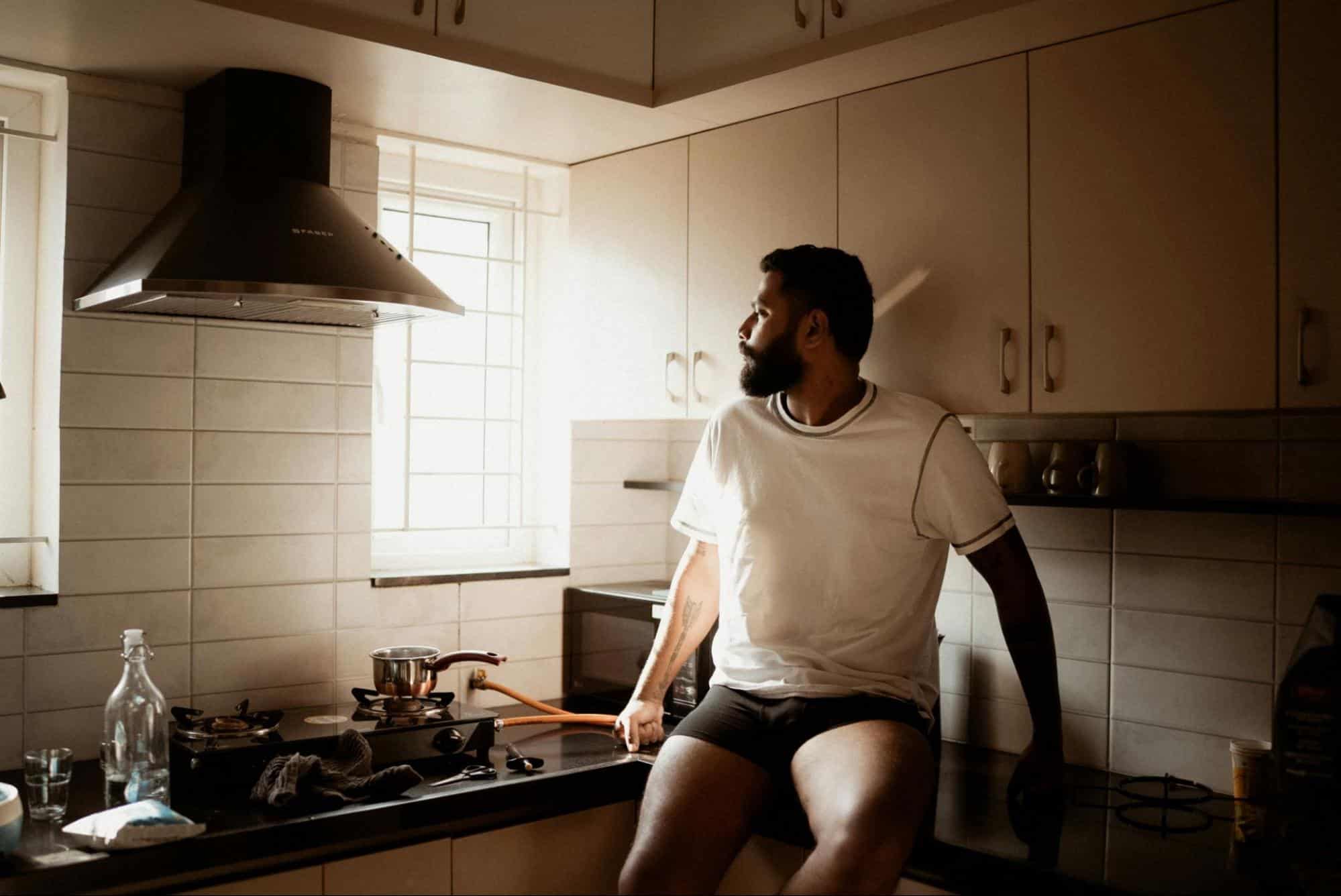
You won’t transform your health in a few days. But you can backslide quickly if you abandon your baseline habits. Momentum matters. Think of your lifestyle as a steady drumbeat, not a short-lived sprint. Stay committed even when the results feel invisible. They’re building under the surface.
Missing a Day Isn’t the Problem, Quitting Is

Everyone misses a workout. Eats late. Sleeps poorly. The issue isn’t occasional mistakes, it’s turning those moments into a full collapse. You don’t need to be perfect. You just need to bounce back quickly. Progress is measured by how fast you return to your habits, not how flawlessly you perform.
Health Is How You Treat Yourself When No One’s Watching

True health isn’t just gym selfies or meal prep videos. It’s how you eat when you’re tired. How you rest when you feel overwhelmed. How you speak to yourself during setbacks. Private choices become public outcomes. What you do in the quiet is what shapes your long-term results.
Your Health Doesn’t Need Hype, It Needs Repetition
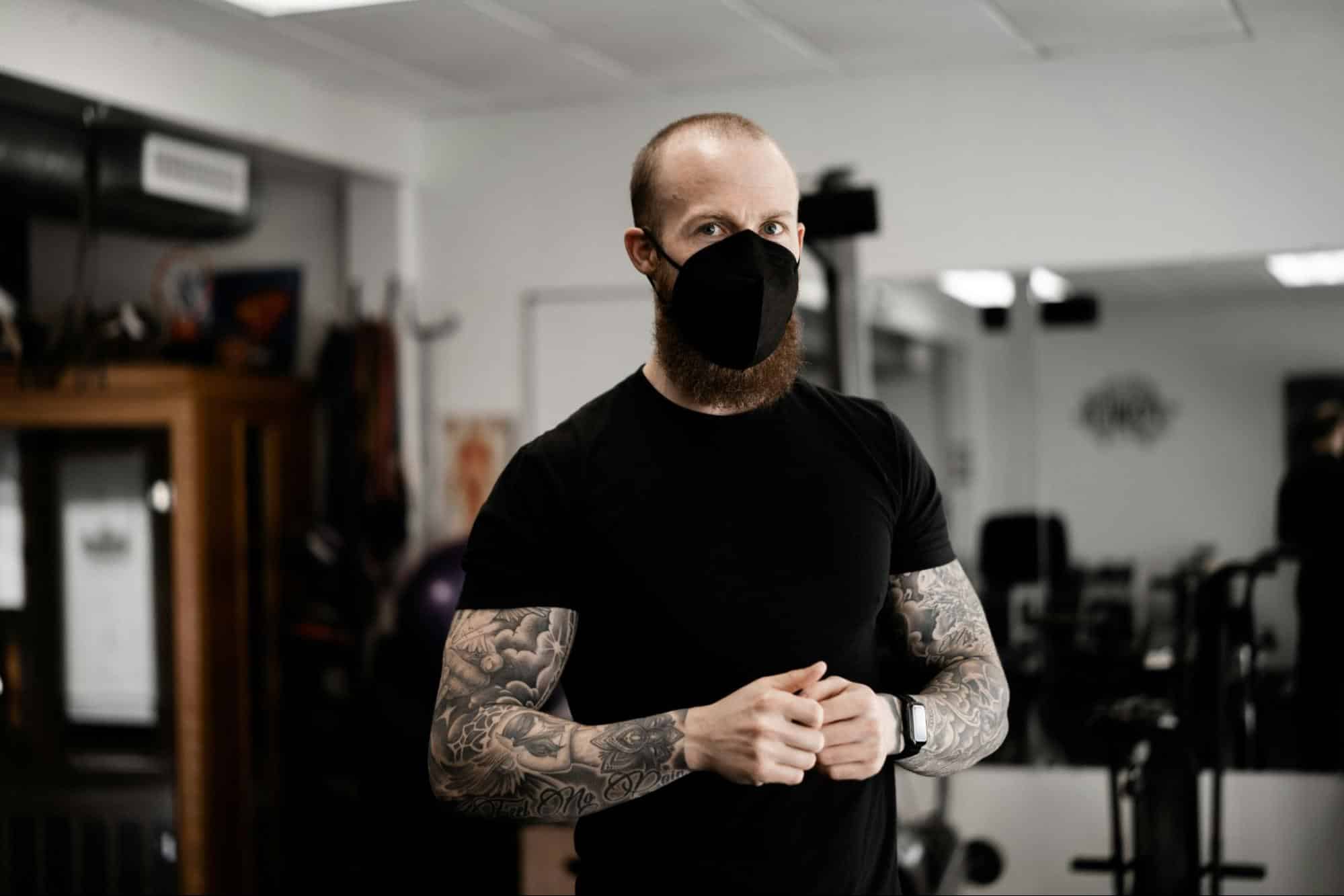
Forget the all-or-nothing hype. Health isn’t sexy, it’s routine. Drink your water. Move your body. Breathe through stress. Sleep enough. Eat like you respect yourself. Repeat. No performance, no panic, just quiet ownership of your body and mind, every single day.






Ask Me Anything